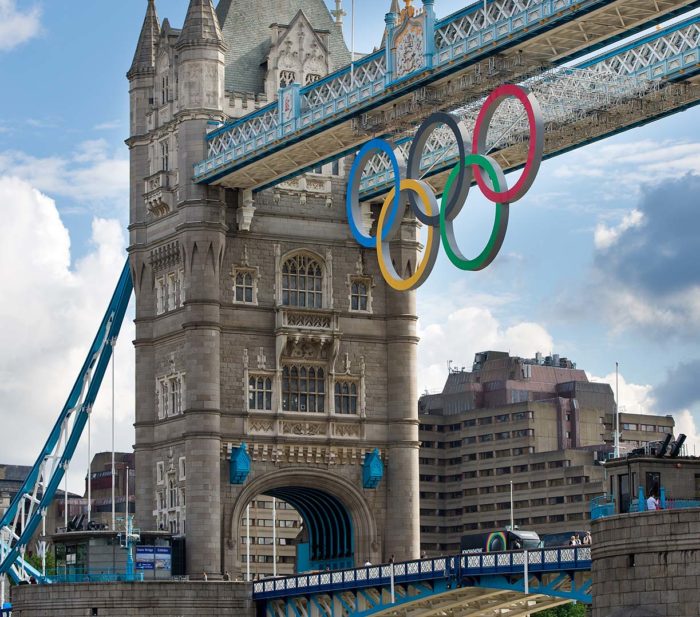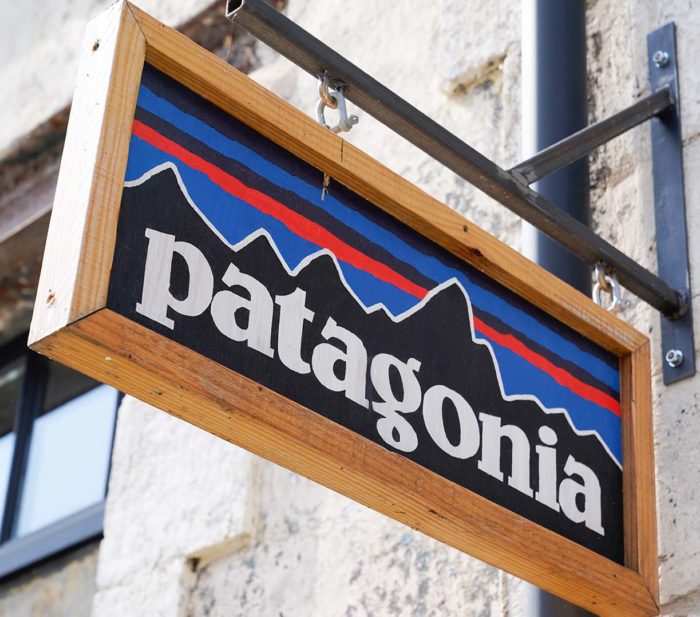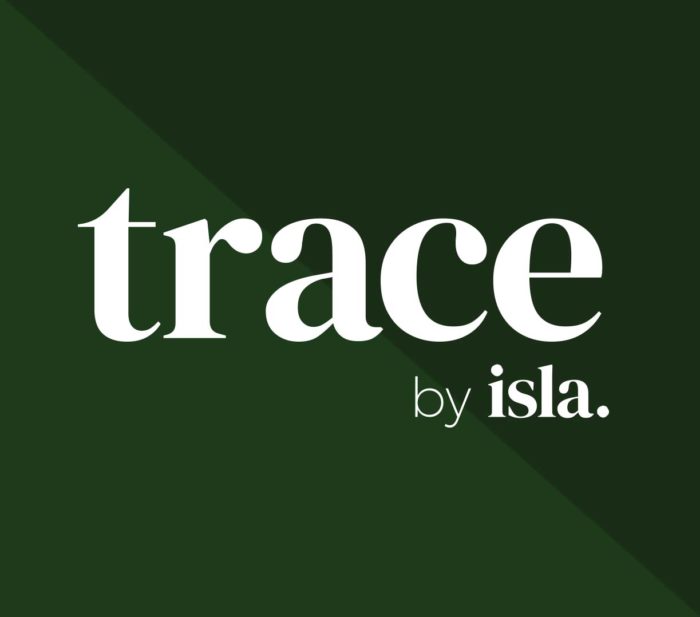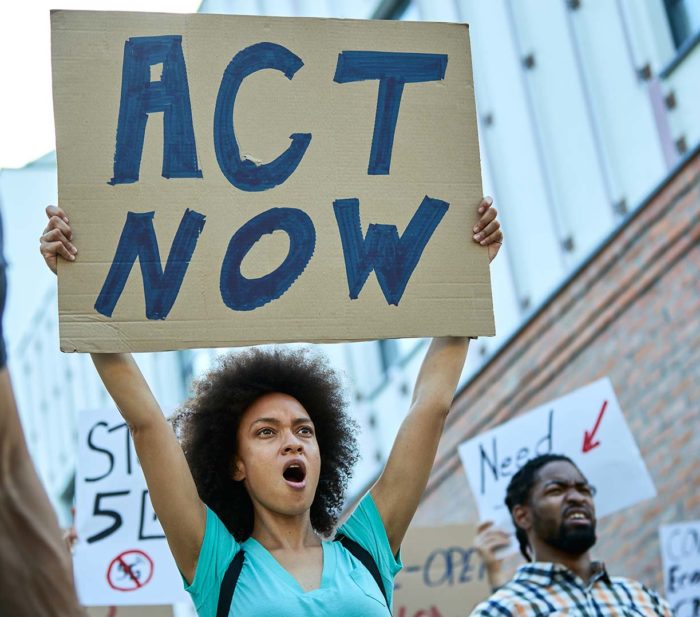You would be forgiven for thinking that COP has become a pointless vanity photo opportunity for politicians. Even Greta Thunberg skipped it this year as she claimed it is a forum for “greenwashing”. The harsh reality is that we don’t have time to wait for presidents and prime ministers to trickle down tangible and detailed green goals, so businesses are having to do it themselves.
As business leaders, it is within our gift to drive the journey to sustainability and act as frontrunners in the battles against climate change, pollution and the crash in bio-diversity. In the absence of strong leadership from governments and policy, we must lead the charge.
Even the theme for Earth Day this year, ‘Invest in Our Planet’, was a clear cry to action for leaders who hold the power and purse strings.
I have been in the communications industry since the late 1980s and have witnessed first-hand the accelerating interest in sustainability policy. Change is happening, and new regulations are helping to set standards, like in 2012 when the London Olympics gave us ISO20121, our guide to sustainable event management.
More broadly, the industry has taken matters into its own hands with the creation of isla, an independent body founded by event professionals and industry leaders to provide practical guidance and support on environmental issues. TRACE, created by isla, is an excellent example of taking ownership of the challenges we face. The tool is the definitive carbon measurement platform for sustainable events.
As CEO at Smyle, I am responsible for ensuring our green agenda sits front and centre alongside our commercial and community goals. So in 2012, we set up Planet Smyle to internally champion and drive for sustainable solutions in our home operations and to help clients with sustainability recommendations. The agenda for Planet Smyle has strengthened in recent years to drive The Smyle Group through carbon neutrality to net zero in steps from now to 2030.
A big driver for businesses taking ownership of environmental goals is consumer activism. Recent reports suggest that when brands take action on societal issues, customers are at least four times more likely to buy from them. For example, Patagonia founder Yvon Chouinard ‘gave away’ his company to the earth, promising all profits would go into the fight against climate change. The move aimed to challenge the notion that corporate goals other than profit will just confuse investors, wrote Patagonia’s board chair, Charles Conn, at the time.
Time will tell if Chouinard and Conn’s move is effective, but for now, the company’s wheels are still turning. Twenty years ago, Patagonia was the first fashion brand to re-sell its own pre-owned products, something that is much more commonplace now.
Measuring sustainability at events, with tools such as TRACE, is a sensible way for clients to show their stakeholders that they care, thus improving their relationships. But also to protect themselves against potential backlash – although that depends on how ‘green’ the event was! For organisations to improve their sustainability goals, they need to know where to start. It is up to them if they share the results of their sustainability measurements, but it’s impossible to see if they are getting better or worse without some starting data.
One thing is clear: we are past the point of delaying action. It will be too late if we don’t take drastic and immediate action to limit our carbon emissions and make our events and experiences more sustainable. So whilst the global top dogs move on to another conference in their private jets, sharing sound bites and nodding along to the stories of drowning communities, we need to be the change. Leaders should lead by example, and what better place to start than with the greatest challenge facing humanity?






